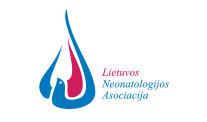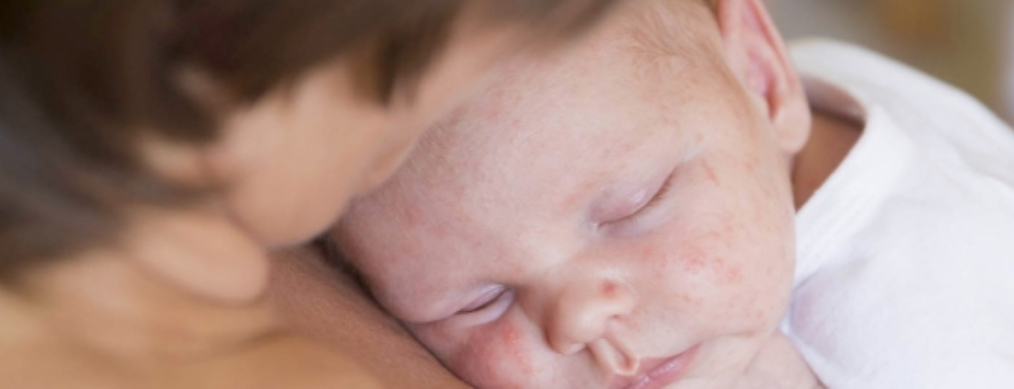European Standards of Care for Newborn Health
Europe needs new ideas and solutions to address the disparities in the care of preterm and ill babies. The European Standards of Care for Newborn Health project presents such a solution by providing European reference standards for this health care area.
With its transdisciplinary focus and international composition of the working groups, the project sets new benchmarks for the care of preterm and newborn babies and can serve as a role model for countries in Europe and worldwide. About 220 experts from more than 30 countries accepted to dedicate their free time to work on this ambitious project over several years. At the time of the launch of the standards, 108 healthcare societies and associations as well as 50 parent organisations have accepted EFCNI’s invitation to officially support the newly developed standards.
Through its multi-stakeholder approach, the perspective of parents, healthcare professionals, and relevant third parties were equally considered, aiming at identifying current best practice. Industry partners were involved in the project by supporting it financially. Their representatives could join the Chair Committee meetings in an observing role and they were welcome to share their knowledge and expertise without exerting influence. Initiated by patient (parent) representatives for patients, it is a true patient-centred project and, for the first time, patients were involved in absolutely every step in the development of the standards. All project participants work together in an open and respectful partnership to pave the way for change and set newborn health on the international and national agendas.
On a political level, addressing European Standards of Care for Newborn Health will stimulate a new debate that can help questioning existing structures, identify gaps and deficiencies, and advance national healthcare systems. To read the standards and to learn more about their development, please visit our project website European Standards of Care for Newborn Health.
On the project website, you also find further information like a project report, an information brochure or social media graphics.
Click here to access the project website
Call to Action for Newborn Health in Europe
The UN Convention on the Rights of the Child has been ratified by 196 countries and proclaims that “the child, by reason of his physical and mental immaturity, needs special safeguards and care, including appropriate legal protection, before as well as after birth”. Article 6 affirms every child has the right to life, survival, and development. Furthermore, children have a right to be cared for by their parents and should not be separated from them, as far as possible (Articles 7 and 9). However, upholding the Rights of the Child in reality remains a major challenge.
The European Standards of Care for Newborn Health help support these rights from the beginning of life by serving as a reference for the development and implementation of binding standards and guidelines on a national and international level. European and national policy makers, hospital administrators, insurers, professional and patient associations, and industry should work together to bring the standards into practice and to ensure quality, equity, and dignity for the smallest.
Therefore, we call for action to:

Identify women at risk for preterm birth early and avoid transfers that result in increased morbidity and mortality and the separation of mother and baby by providing treatment in specialised perinatal centres where maternal and newborn care are located together.

Commit to evidence-based healthcare by providing modern health technology and an adequate number of staff. Easily comprehensible information for parents on treatment and care procedures needs to be available all times.

Provide sufficient specialist staff, particularly nurses and midwives, to ensure optimal care for babies.

Support parents of newborn babies in their role as primary caregivers from admission to hospital, promote infant- and family-centred developmental care and ensure parents 24-hour access to their baby.

Follow guidelines and recommendations on clinical environment and interior design to reduce stressful events for the vulnerable baby and provide facilities for parents and families that are sensitive to their needs and allow privacy with their baby.

Make adequate resources available to support optimal nutritional care that meets the baby’s individual needs from the first day of life. Mother’s own milk should always be the first choice and breastfeeding needs to be supported.

Promote shared decision-making between healthcare professionals and parents in ethically challenging situations. This includes providing psycho-social support for both, parents and healthcare professionals throughout the process.

Support coordinated, specialised, and effective follow-up and continuing care services for babies and children at risk for later developmental difficulties, as well as for their families. This provides targeted and evidence-based preventive measures to optimise child health and development as an important basis for the health and well-being of the whole family.

Ensure patient safety and adherence to hygiene practices by providing evidence-based information, equipment, and training for staff, parents, and visitors. This includes creating a blame-free error-reporting culture to improve healthcare quality and prevent adverse effects of care and treatment procedures.

Define and provide national and European-wide comparable datasets on pregnancy, birth, maternal, newborn, and child healthcare from conception into adulthood.

Ensure continuous education and training for all healthcare professionals working in maternal and newborn healthcare, including regularly updated curricula and training in sensitive communication and open interaction with parents.

Establish national frameworks for strategies to minimise risks before, during, and after birth.

Define indicators for long-term health and developmental outcomes and create quality measurement tools to allow benchmarking within and between hospitals and countries.

Support research into maternal and newborn health, develop and implement clinical guidelines and protocols to ensure evidence-based care, reduce mortality and morbidity, and improve quality of life.
Download the Call to Action Brochures
The Call to Action is available in about 20 languages and can be downloaded here.

